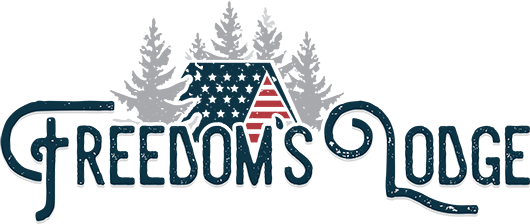Laws & Rights
SILENCE! Hearing Protection Act Puts Suppressors Back in Play

Q: What’s the most common word at the shooting range? A: “Huh?”
American shooters who are still able to experience the entire upper and lower registers of their hearing, rejoice: The Hearing Protection Act is back in play. The National Shooting Sports Foundation (NSSF), the firearm industry trade association, proudly welcomes U.S. Sen. Mike Crapo’s (R-Idaho) reintroduction of the Hearing Protection Act. The legislation, S. 2050, is co-sponsored by 14 additional senators, all of whom are aware that it is remarkably silly to treat a device that is nothing more than a muffler as if it were a fully automatic weapon. Instead, these 15 senators are asking to have silencers treated with the same level of regulation as handguns.
Excuse me?
Perhaps the confusion comes in because Hiram Maxim’s perfection of the full-auto design first envisioned by Leonardo da Vinci came right around the same time that Maxim invented the suppressor. Despite the fact that silencers are less useful as weapons than the muffler on your car–which at least has some heft to it and could cause damage if thrown–they’re still extremely tightly regulated in 42 states and illegal to own in the rest.
Come again?
The Hearing Protection Act, which was introduced by Sen. Crapo in previous Congressional sessions, would reclassify suppressors to regulate them like traditional firearms by removing them from the 1934 National Firearms Act. That would cease the overly-burdensome federal transfer process with an instantaneous National Instant Criminal Background Check System (NICS) background check, making the purchasing and transfer process for suppressors equal to the process for a rifle or shotgun. The legislation would also tax suppressors under the Pittman-Robertson Act instead of the National Firearms Act, putting more funding into state wildlife conservation agencies.
What was that?
The Hearing Protection Act would not change any laws in states that already prevent suppressor use or ownership, nor does it eliminate background check requirements. Suppressors are legal to own in 42 states and 40 states allow them for hunting. Similar legislation, H.R. 95, was introduced in the U.S. House of Representatives earlier this year by Rep. Jeff Duncan (R-S.C.).
A little louder, please? Sorry.
“This legislation to remove burdensome regulations surrounding an accessory to a firearm is long overdue. The firearm industry is grateful to Senator Crapo for his continued leadership to enable safer recreational shooting and hunting to be more accessible to law-abiding gun owners,” said Lawrence Keane, NSSF Senior Vice President and General Counsel. “The Hearing Protection Act would reduce unnecessary barriers to what is essentially a muffler for a firearm that enables more accurate marksmanship and allows shooting ranges to be better neighbors. Suppressors were originally listed under the National Firearms Act over poaching concerns during the Great Depression, but that never bore out. They reduce the report of a firearm from a level equal to a jet taking off to one similar to that of a jackhammer. Firearm suppressors are a safety device designed to make recreational shooting safer.”
-
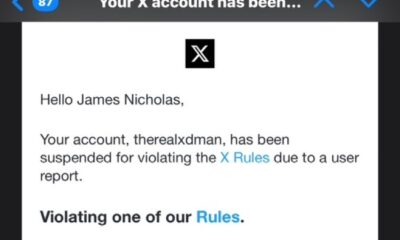
 Smells Like Infringement1 month ago
Smells Like Infringement1 month agoCensored! Check Out the Gun Meme That Got Me Perma-Banned from Twitter/X
-
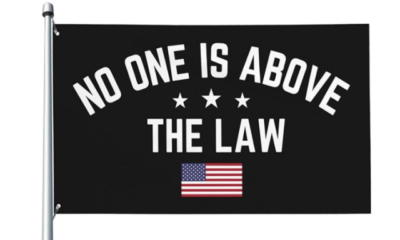
 Gun Rights2 months ago
Gun Rights2 months agoLet’s See If Lefties Think the Brady Campaign is “Above the Law”
-

 Gun Rights4 weeks ago
Gun Rights4 weeks agoDOJ Tells Anti-Gun Illinois to Stop Eating Paint
-

 Smells Like Infringement3 weeks ago
Smells Like Infringement3 weeks agoMarriage Made in Hell: Let’s NOT Merge ATF & DEA
-
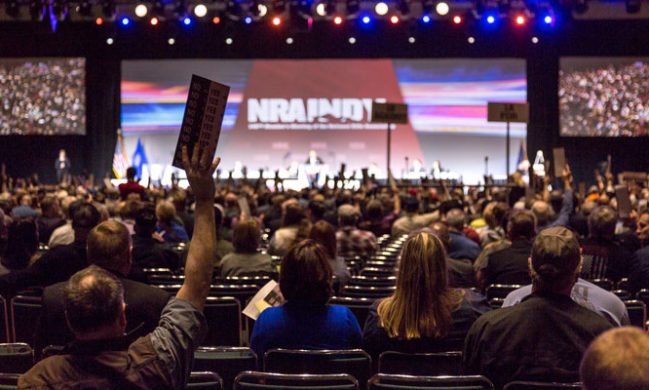
 Gun Rights1 month ago
Gun Rights1 month agoRELOADED! NRA 2.0 Comes Out Swinging in 2025
-

 Laws & Rights2 months ago
Laws & Rights2 months agoThe Ides of March for Our Lives
-
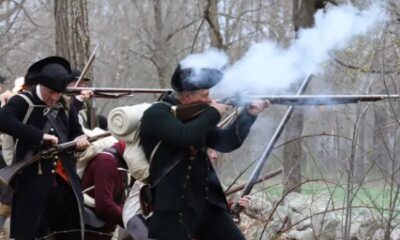
 Guns Save Lives2 weeks ago
Guns Save Lives2 weeks agoIndependence Day Couldn’t Have Happened Without Armed Citizens
-
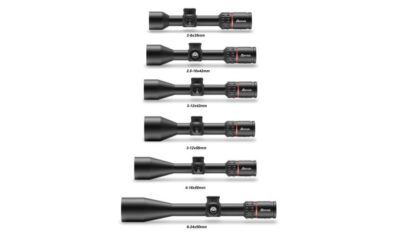
 2A's Lighter Side5 days ago
2A's Lighter Side5 days agoHappy 50th, Burris Fullfield (Here Come the Spanks and Pinches)!
